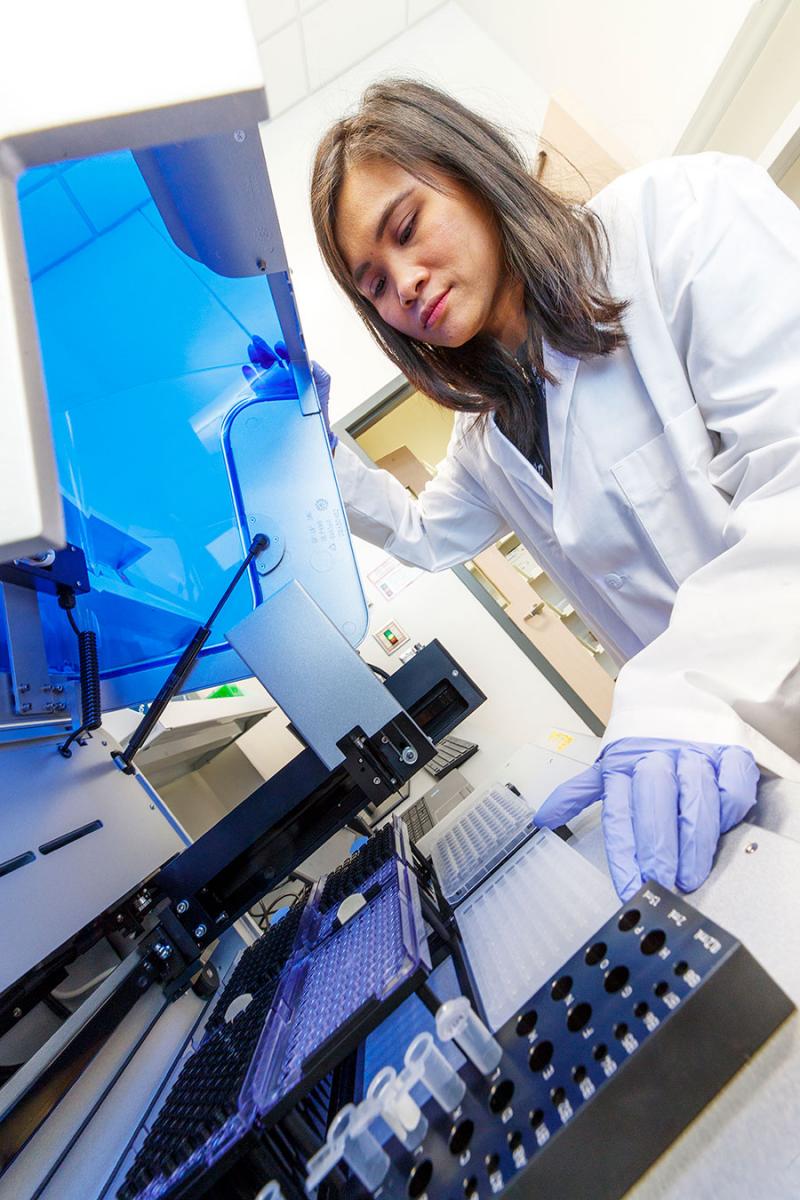Companion animals are invaluable, and supporting their wellness starts with health checks. Veterinary laboratories are pillars of modern pet care in monitoring wellness for household animals.
In this discussion, we’ll examine the benefits of testing for dogs and cats and outline essential tests.
How Do Veterinary Laboratories Work?
Animal health testing facilities are specialized centers for testing biological materials. They help veterinarians to tailor care to the pet’s needs.

How it works usually includes:
- Gathering biological samples: Health markers are taken by the vet.
- In-depth testing: Specialized tools and methods conduct the tests.
- Providing actionable data: Data supports treatments for targeted interventions.
Essential Tests in Veterinary Labs
Labs provide diverse options for health checks to manage chronic problems. Frequently used procedures include:
- Blood tests: Identify infections.
- Urinalysis: Check for diabetes.
- Fecal analysis: Detect worms or parasites.
- Allergy testing: Support long-term comfort.
- Radiographic evaluations: Evaluate bone and joint health.
The Benefits of Veterinary Testing
Ongoing evaluations improves pet care. Through these tests, vets can provide better care.

Additional benefits include:
- Longer, healthier lives: Vets can tailor treatments.
- Preventative care advantages: Prevention saves money in the long run.
- Confidence in care: Manage concerns proactively.
diagnostic laboratório veterinário
laboratório de análises clínicas veterinárias
Conclusion: Veterinary Labs as a Cornerstone of Pet Health
Pet health labs play a key role in modern pet care. By making testing part of their care, you ensure your pets are healthy.
Make pet health a priority and support their wellness every step of the way!